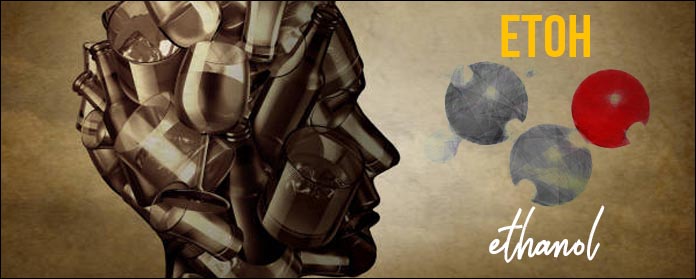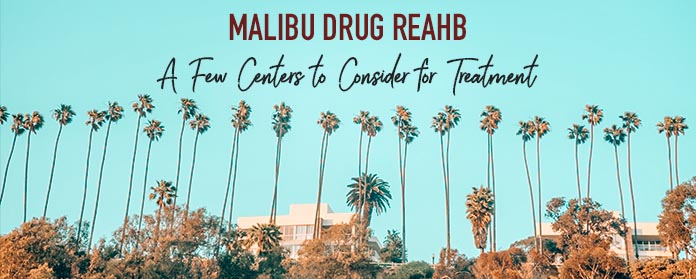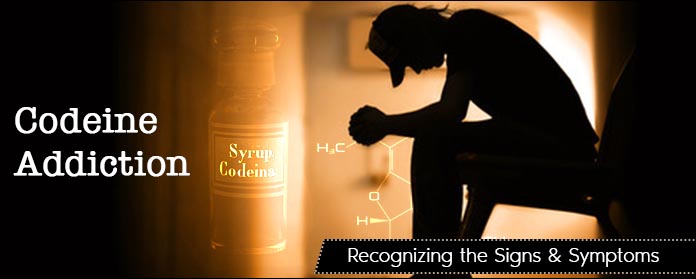In this article, we’ll talk about alcohol abuse, and whether or not it is different than addiction to ethanol, or ETOH. We’ll also discuss some of the treatment options available for you, or someone you love, if they have become dependent on it.
15 million Americans suffer from some form of alcohol addiction. Many more are dependent on it to get them through the day.
Read on for more about alcohol and ETOH dependence.
What Is ETOH?
ETOH is the scientific term for one of the major ingredients in alcoholic drinks. It is also known as ethanol or sometimes, ethyl alcohol.
All drinks that contain alcohol in them contain ETOH and ethanol, to some degree. Other items that you don’t drink may also contain ETOH. These can include soap, sterilization liquid or rubbing alcohol that may be used to clean a wound.
At its core, there is no difference between ETOH and alcohol. It is one and the same.
What Drinks Have ETOH in Them?
Any drink that contains alcohol has ETOH in it. This goes for items like beer and wine, to harder liquor like whiskey and vodka. When speaking about ETOH and alcohol, researchers do not demarcate a difference.
How Much ETOH Per Week Is Healthy?
While cutting down on alcohol is the healthiest way to go, most people do imbibe on occasion. Health officials recommend that both men and women drink less than 14 units of alcohol per week. This means seven glasses of wine or six pints of beer.
Health officials, however, warn that individuals should not decide to wait until the weekend and drink all 14 units at once. This can lead to serious problems, including alcohol poisoning. In severe cases, this may lead to death.
Drinking more than the recommended 14 units of alcohol per week can be a sign that someone has a drinking problem. If you suspect a friend or family member has a drinking problem, it is a good idea to speak to them about it one-on-one.
How Do I Know If Someone Has a Drinking Problem?
It can be difficult to know if someone you love has a drinking problem. If someone is drinking more than 14 units of alcohol per week, you may not be aware of it, as you typically aren’t with other people 24 hours per day.
However, there are some signs you can watch out for in determining if someone you love is an addict.
Signs of alcoholism include:
- Drinking at inappropriate times of the day (such as in the morning)
- Drinking at work
- Not being able to get through the day without drinking
- Drinking more than the recommended amount
A person who has become addicted to alcohol may also appear sickly or unwell. They may become angry or irritable or may be drunk much more often than you believe they should be. They may also withdraw, stop participating in activities that once gave them joy, and exhibit signs of mental health issues. These usually include depression and anxiety.
Someone with a drinking problem may drink too much following a major life event, such as the loss of a loved one or a divorce. Or, they may begin to drink too much seemingly out of the blue.
People who have become ethanol addicts may also become flakey or stop showing up to family events, work or other activities they’re expected at.
The Functioning Alcoholic
When it comes to ethanol addiction, many people picture a drunk homeless person who is unable to hold down a job or procure work. This isn’t entirely true. Sometimes, people are able to keep their jobs and attend all of their commitments, but still continue to drink in excess. These people are known as functioning alcoholics.
With a functioning alcoholic, you may notice that they keep their daily routine, but need alcohol to get through it. They may drink at work or drink at inappropriate times. They may go out and “get drunk” with friends a bit too often, but say that they’re just having a bit of weekend fun.
Don’t be fooled by thinking because someone is still showing up that they’re not an alcoholic. Instead, be aware that they may still have a problem.
Treatment for ETOH Abuse
Treatment of ETOH abuse typically includes a period of detox. Many people who have become dependent on alcohol have not only become psychologically dependent on it, but physically as well. An inpatient treatment program may help you or your loved one detox in a medically supervised and safe manner.
It may also include time spent at an inpatient facility where you will work in a group setting with other addicts. There, you will be monitored 24/7 while living where you’ll attend treatment. You’ll not only work in groups, but also with a therapist one-on-one to get to the root of your problems.
The goal is to ensure that you’re ready to go back into the world without depending on alcohol to get through the day.
Get Help Today
If you believe yourself or a loved one are suffering from ETOH abuse, it is important to get help as soon as possible. The longer an addiction continues, the more difficult it can be to get help and to stay dry.
Here at Recovery Resource Center, we offer treatment for alcohol addiction to help you or your loved one get on the right path.
Contact us today to take the first step in your recovery process.






